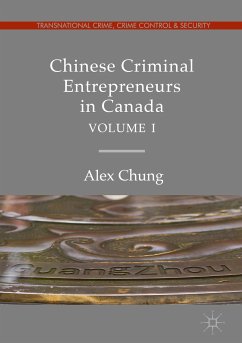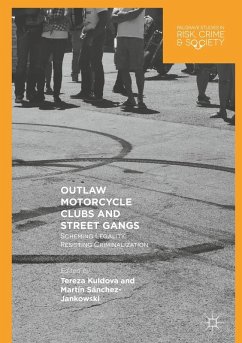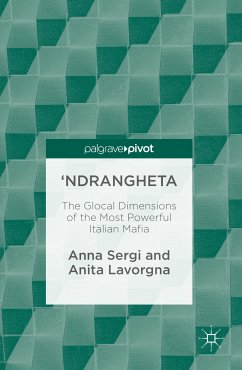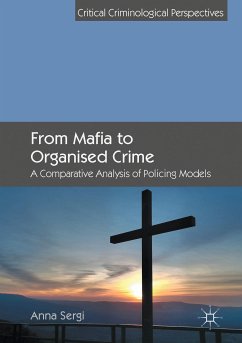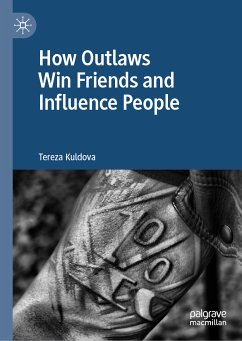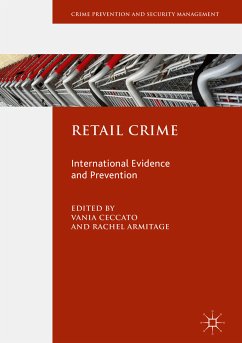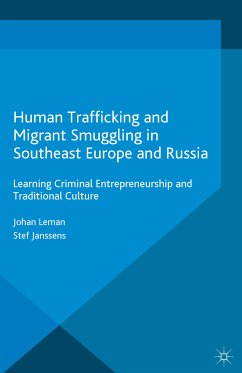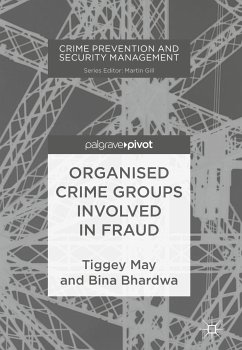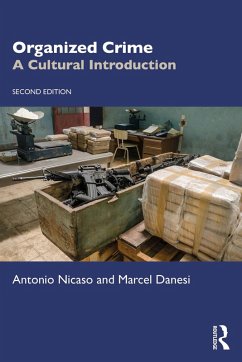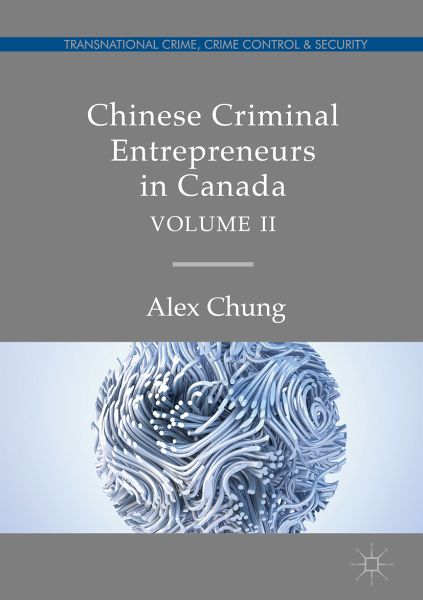
Chinese Criminal Entrepreneurs in Canada, Volume II (eBook, PDF)
Versandkostenfrei!
Sofort per Download lieferbar
68,95 €
inkl. MwSt.
Weitere Ausgaben:

PAYBACK Punkte
34 °P sammeln!
This book explores how the 'new' Asian criminal entrepreneurs in Canada, known as The Big Circle Boys (BCB), competitively dominated the Canadian heroin market in the 1990s without a formal organisation or explicit hierarchical structure. Drawing on the market resilience framework, it examines how the BCB smuggled drugs by using social capital, shared resources, and trust effectively through their ethnicity. How did they counter external security challenges and promote internal competitive cooperation? Were they able to resolve disputes peacefully by managing internal relations? These question...
This book explores how the 'new' Asian criminal entrepreneurs in Canada, known as The Big Circle Boys (BCB), competitively dominated the Canadian heroin market in the 1990s without a formal organisation or explicit hierarchical structure. Drawing on the market resilience framework, it examines how the BCB smuggled drugs by using social capital, shared resources, and trust effectively through their ethnicity. How did they counter external security challenges and promote internal competitive cooperation? Were they able to resolve disputes peacefully by managing internal relations? These questions are answered through an analysis of their networking processes and illustrated in the structural properties and dynamics of their mono-ethnic criminal network. For the first time, the BCB players that contributed to the 2001 Canadian and Australian heroin droughts are revealed through intercepted telephone calls and court testimonies. It shows how the BCB collectively switched from heroin to ecstasy since the year 2000. The operation logistics of drug importation and local trafficking are scrutinised. This book speaks to those interested in how a collective of ethnic-Chinese career criminals succeeded and failed in the international drugs trade, particularly for scholars and students of social sciences disciplines.
Dieser Download kann aus rechtlichen Gründen nur mit Rechnungsadresse in A, B, BG, CY, CZ, D, DK, EW, E, FIN, F, GR, HR, H, IRL, I, LT, L, LR, M, NL, PL, P, R, S, SLO, SK ausgeliefert werden.



